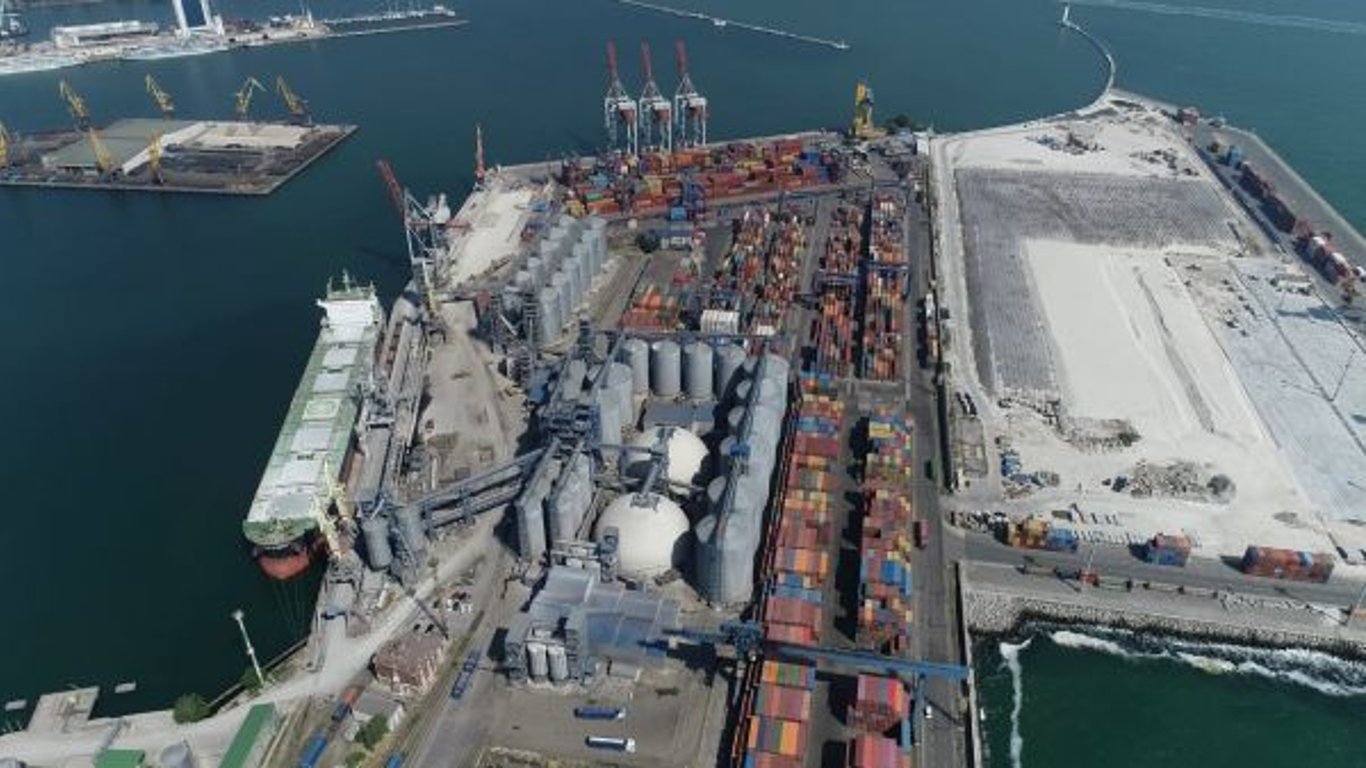Average salary in Italy 2024.


Italy remains one of the leading countries in Europe when it comes to labor migration. Although the salary in Italy is quite an average indicator, the number of migrants in the country does not decrease.
A good salary in Italy in 2024 may exist in certain fields. Therefore, for Ukrainians, this option may not be bad. At the same Time, the average income also depends on how much and where the migrant is working. All these factors contribute to the salaries in Italy.
Average Salary in Italy for Ukrainians
Italy is one of the leading economies in Europe, however, the level of wages in the country can significantly depend on the sector of activity, region, and level of staff qualifications. In 2024, various trends related to wages are observed, depending both on economic factors and on reforms introduced by the government.
When it comes to salaries in Italy, there is no distinction between Ukrainians or Italians. First of all, qualification and profession are important. Moreover, what the average salary in Italy means is a highly averaged indicator that reveals very little.

Thus, the average earnings in Italy range around 2,500 euros. Although the salary is usually about 2,000 euros. And this amount is after taxes. However, depending on the profession and region, this figure can be significantly higher or lower.
For example, in the tourist-popular Milan one can earn more, whereas the southern regions suffer greatly from unemployment. This factor indeed influences the salary level. For instance, Sicily is an incredibly picturesque region that is frequently visited by tourists, but the salaries in this part of Italy are very low. A similar trend is observed throughout Europe.

What affects income in Italy in 2024:
-
First and foremost, the region of the country. The more affluent regions are primarily the northern ones. It is in this part of Italy that sectors such as industry are well-developed.
-
Secondly, undoubtedly, the profession itself. The most important in this sense are the financial and medical sectors. Also, in some regions, tourism is well-developed, and this sector also offers higher salaries.
-
Employee qualification – education and experience significantly affect income levels.
Undoubtedly, every year new factors appear that influence average incomes in Italy.
How much and where can one earn in Italy?

Italy is a country with pronounced economic differences between regions. The northern and central regions traditionally have a higher level of economic development, which is reflected in wage levels. However, in any region, qualification comes first.
Northern Italy, specifically Milan or Turin, provides the opportunity to earn from 2,500 to 3,000 euros. This is where the largest Italian companies and international corporations are concentrated.
The central regions of the country include Rome and Florence. In these regions, the average earnings range from 2,000 to 2,700 euros. Tourism and public institutions play a key role in the economy of the region.
Speaking of the south of the country, this includes Sicily and Naples. The average salary in the region ranges from 1,800 to 2,000 euros. There is also very high unemployment in this region.
Which sectors are the most lucrative in Italy?

The field of activity plays a decisive role in determining the level of wages in Italy. Here are the most promising sectors:
-
The average salary in the IT and banking sectors reaches 3,000–3,500 euros per month. These are among the highest-paying industries in the country due to the high demand for qualified specialists.
-
Doctors and pharmacists earn an average of 2,800–3,200 euros per month. However, the salary can be higher for highly specialized doctors.
-
University teachers and researchers earn an average of 2,200–2,600 euros per month, whereas school teachers earn around 1,800–2,100 euros.
-
Workers in the tourism sector earn an average of 1,500–1,800 euros per month, which is below the average level in the country, especially in tourist regions in the south.
Undoubtedly, there can also be less popular sectors that can bring high income.
Inflation, Crises, and Salary Levels
In recent years, Italy, like other European Union countries, has faced a number of economic difficulties, including rising inflation and a slowdown in economic growth. The crisis in Europe, primarily economic, has not bypassed Italy. And it is precisely these problems that influence salary levels.

In 2024, inflation continues to exert pressure on the purchasing power of citizens. Despite nominal salary growth in some sectors, the real income of the population may decline. This is especially noticeable in sectors with fixed or slowly rising salaries, such as public service and education.
The Italian government has specific initiatives aimed at helping. These include reforms aimed at increasing the minimum wage and protecting the most vulnerable categories of citizens from inflationary pressure.
Read also
- Sale of Property Shares - What Co-Owners Should Know
- How prices for apartments in Odesa grew in 2025 - the cost near the sea
- Plus 200% to the price — which products have increased the most
- Over 80 subsoil areas to be auctioned and competed for - list
- If the garden is idle - can the land be leased?
- Americans Enter Odesa Port - Terminal Court Case









